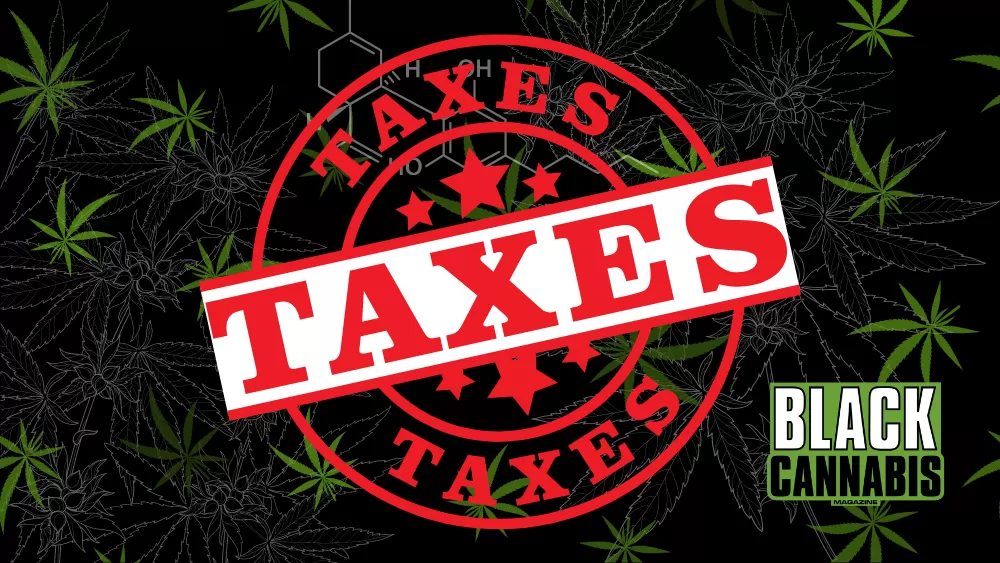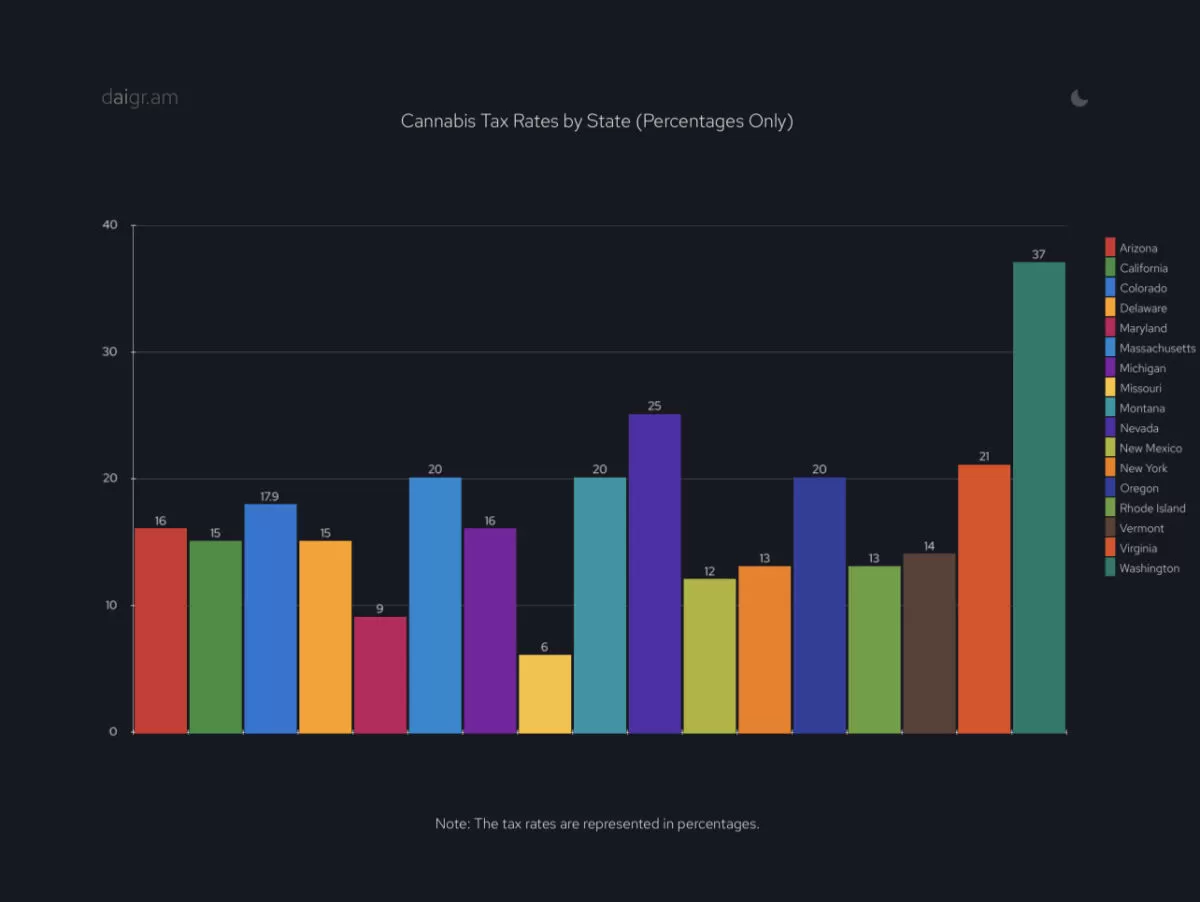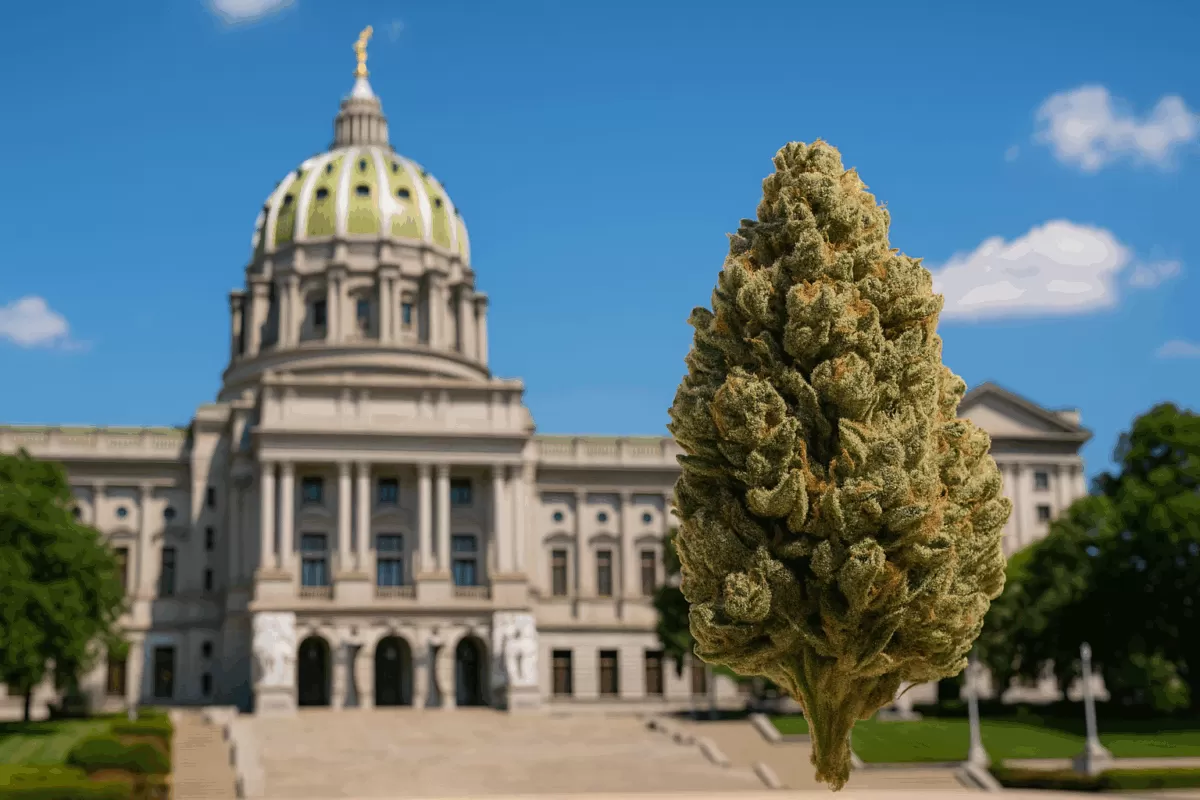Introduction
The topic of Tax Revenue is increasingly capturing public and political attention. In states where cannabis is legal, this revenue source has become a cornerstone for funding various public programs. This article aims to provide an in-depth look at how states are generating and utilizing marijuana tax revenue.
The Landscape of Cannabis Legalization
Despite federal restrictions, 23 states and Washington, DC, have fully legalized cannabis for recreational use. An additional 21 states have partially legalized medical marijuana. Each jurisdiction has its unique model for collecting marijuana tax revenue, making it difficult to calculate a nationwide total. However, the trend is clear: states are increasingly viewing cannabis as a lucrative revenue source.
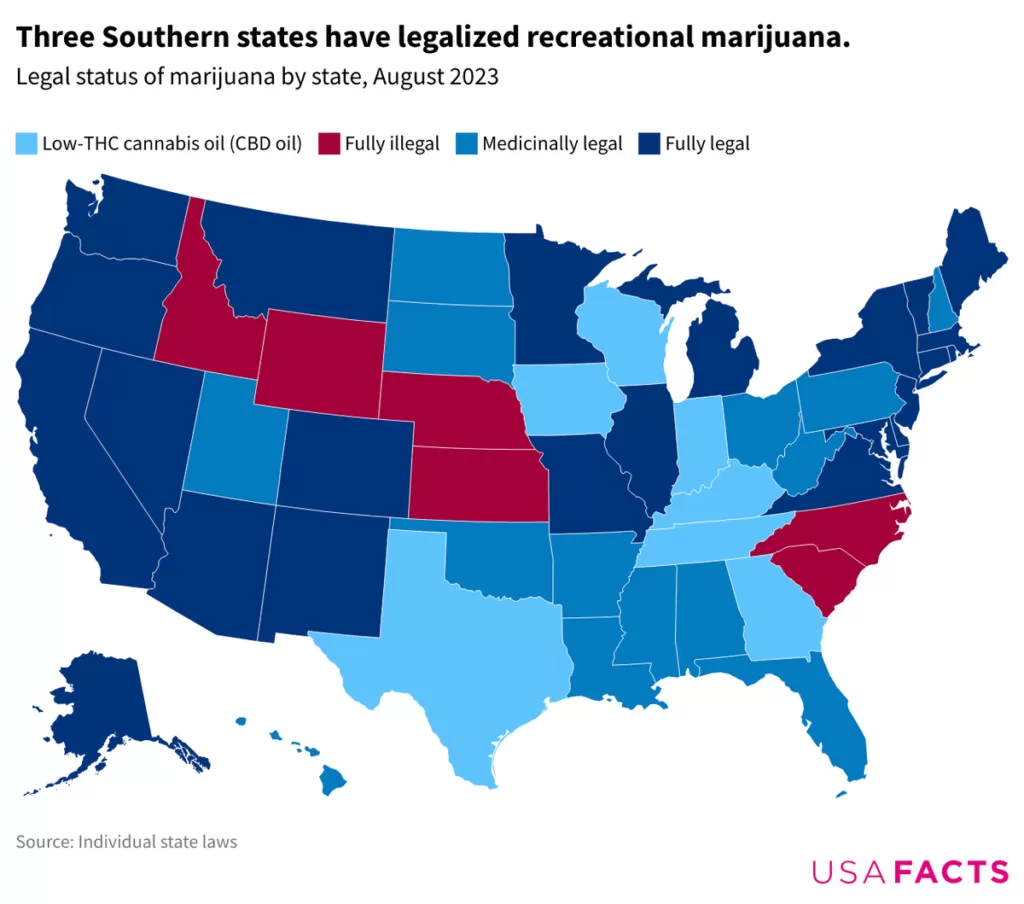
Types of Taxes on Cannabis
States employ a variety of taxation methods that contribute to cannabis tax revenue. These include:
- Excise Tax: Often a percentage of the product’s price or a flat rate per weight.
- Sales Tax: An additional amount added to the retail price.
- Retail Tax: Specific to retail businesses, varying by jurisdiction.
- Use Tax: Applied to items purchased without sales tax, essentially serving as a conditional sales tax.
The Federal Tax Challenge
Cannabis dispensaries face unique challenges when it comes to federal taxation. Section 280E of the Internal Revenue Code prevents these businesses from claiming standard business deductions. This results in higher federal tax bills and impacts the overall tax revenue at the state level.
Record-Breaking Revenue
In 2021, the first five states to legalize recreational cannabis—Colorado, Washington, Alaska, Oregon, and California—generated a staggering $2.78 billion in cannabis tax revenue. This was the highest income level since tax collection began in 2014, underscoring the fiscal potential of legalized cannabis.
Allocation of Marijuana Tax Revenue
States have the discretion to allocate marijuana tax revenue to various sectors. Common areas include:
- Healthcare: Funding state Medicare and Medicaid programs.
- Substance Abuse and Drug Education: Reinvestment into state-level programs for drug prevention and recovery.
- Law Enforcement: Supporting state police forces.
- Education: Allocation to state-run public schools.
- Local Governments: A share is reallocated to local jurisdictions for community-specific needs.
- Reparations: Some states are considering or have already implemented plans to use a portion of marijuana tax revenue for reparations, particularly aimed at communities disproportionately affected by the War on Drugs.
Types of Taxes on Cannabis: A State-by-State Breakdown
States employ a variety of taxation methods that contribute to marijuana tax revenue. The tax rates on recreational marijuana products by state as of August 2023 are as follows:
- Alaska: $50 per ounce
- Connecticut: Taxes based on the milligram of total THC in products
- Illinois: Tiered excise tax based on THC levels
- Maine: 10% sales tax; excise tax depending on product weight
The Disparity in Cannabis Legislation
While many states have moved toward legalization and are benefiting from marijuana tax revenue, it's crucial to note that 19 states still charge possession and/or usage of cannabis with criminal penalties. This stark contrast underscores the ongoing debate and inconsistencies surrounding cannabis legalization and taxation across the nation.
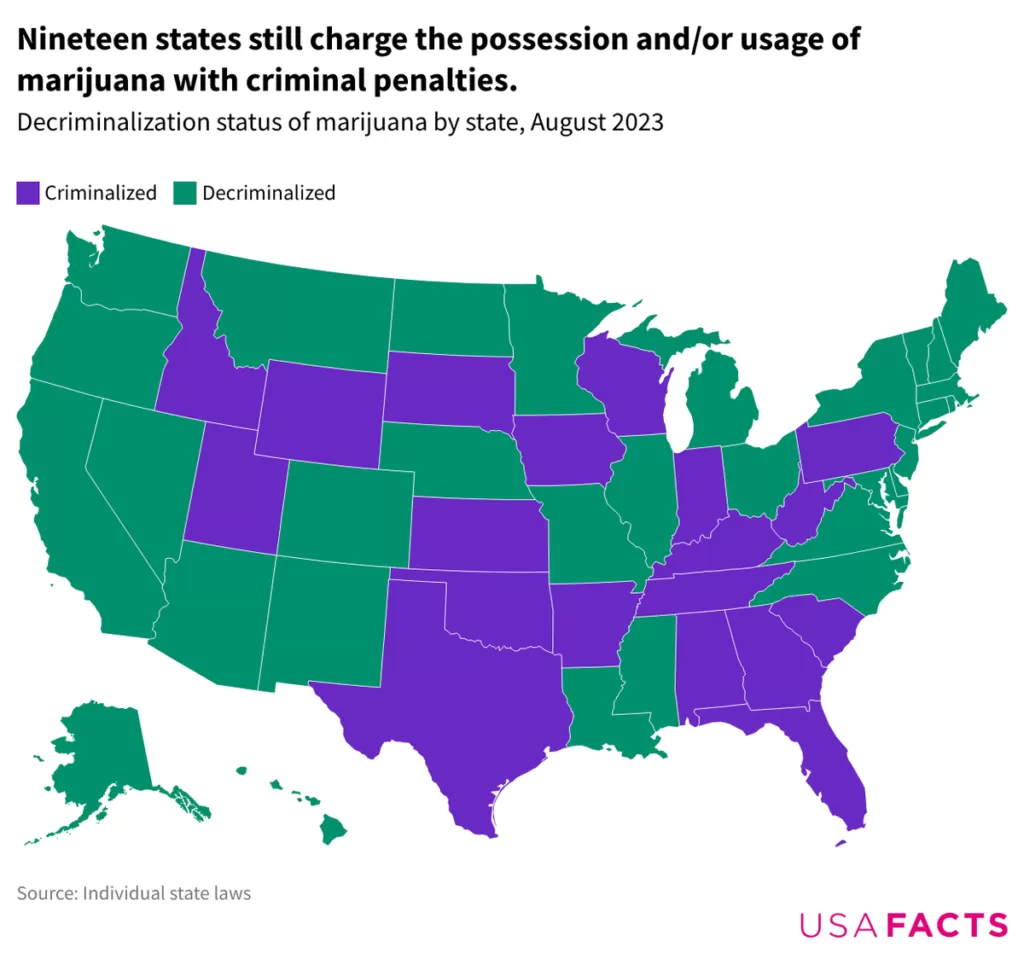
The Future of Marijuana Tax Revenue
As more states move toward legalization, the importance of understanding and managing marijuana tax revenue becomes increasingly critical. This revenue stream has the potential to significantly impact various sectors, from healthcare to law enforcement, making it more than just a financial windfall for states.
Conclusion
Marijuana tax revenue is not merely a byproduct of cannabis legalization; it's a complex, multifaceted financial ecosystem. As the legalization movement continues to gain momentum, the role of this revenue stream in state budgets will likely become even more significant.

